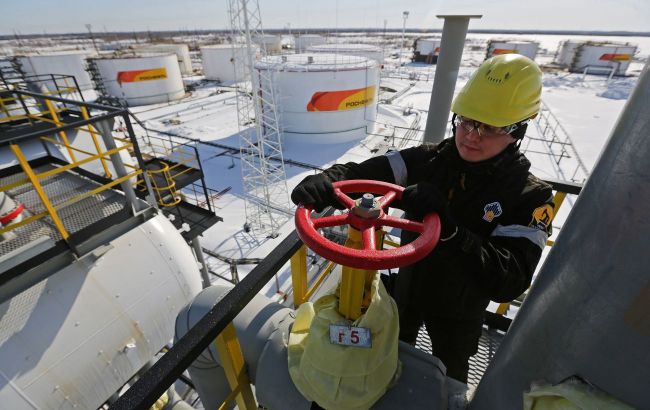Fuel shortage begins in Russia, situation can worsen: Reuters reports
 Illustative image (Photo: Getty Images)
Illustative image (Photo: Getty Images)
The Russian Federation is facing a shortage of fuel, which is currently necessary for harvesting in the southern part of the country. The situation could worsen in the coming months, according to Reuters.
According to the article, the fuel market in Russia has been affected by a combination of factors, including:
- maintenance of oil refineries,
- narrow spots in railway infrastructure,
- and the weakening ruble, which stimulates fuel exports.
"Russia has tried to tackle diesel and gasoline shortages over recent months, contemplating export curbs as the last-ditch attempt to prevent a serious fuel crisis - which is sensitive for the Kremlin ahead of a presidential election in March," anonymous sources told Reuters.
The decision of the Russian government to reduce subsidies to oil refineries will likely worsen the availability of fuel in the country.
The article reports that regional oil depots in southern Russia have had to reduce or even suspend the sale of fuel, and retail gas stations have had to limit fuel sales to consumers.
One of the southern Russian traders stated that in the Krasnodar region, Adygea, and Astrakhan, AI-92 gasoline was not sold at retail, and there was almost no AI-95 gasoline and diesel.
Oil extraction situation
During a meeting in Vienna, OPEC+ countries agreed to reduce oil production by about 1.5 million barrels per day. This is not taking into account voluntary reduction commitments made by individual states. This decision is driven by the desire to halt the decline in oil prices on the global market.
In December 2022, the European Union imposed an embargo on the import of marine oil from the territory of the Russian Federation. Also, the G7 countries and Australia introduced a price ceiling of $60 per barrel for Russian oil.
According to the Wall Street Journal, Saudi Arabia is dissatisfied with Russia's actions in the oil extraction sector and accuses Moscow of not adhering to the commitments made within the framework of OPEC+. In May, the media reported that Russia's maritime oil expert continued to increase for six consecutive weeks, despite Moscow's statements about reducing extraction.

